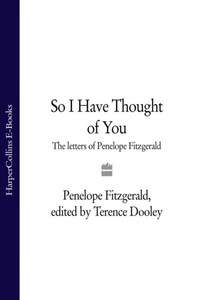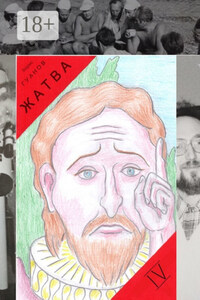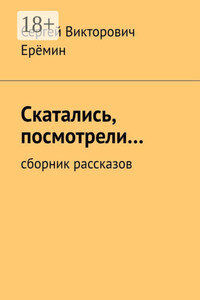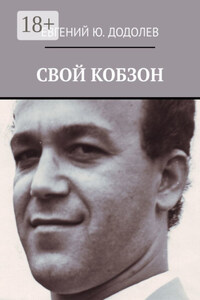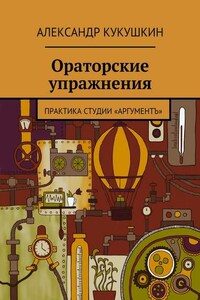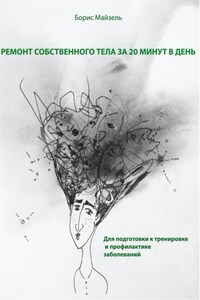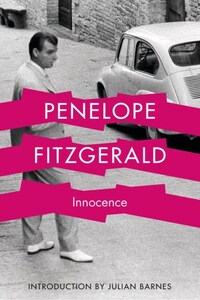Will dich im Traum nicht stören,
Wär schad un deine Ruh.
Sollst meinen Tritt nicht hören –
Sacht, sacht die Türe zu!
Schreib im Vorübergehen
Ans Tor dir: Gute Nacht
Damit du mögest sehen
An dich hab” ich gedacht.
An dich hab” ich gedacht.
Penelope Fitzgerald and I taught together in the 1960s at the Westminster Tutors, an institution which prepared students, almost all female, for the long-abolished Entrance Exams to Oxford and Cambridge. We sat together in the small staff room on sagging sofas, amid a rich and pervasive smell of old upholstery and decaying dogs. Penelope was contradictory. She could appear vague and self-effacing and was. She could also say formidably knowledgeable and percipient things about literature. She was generous and exacting. She once rebuked me for not understanding that one of her pupils had a touch of genius. It was a concept that meant a great deal to her, which I did not understand at the time. It did not occur to me, young as I was and obsessed with literature and small children, that she might herself have more than a touch of genius. I don’t know if it occurred to her. I didn’t know her very well. She was interesting to know, but not easy to get to know well.
Her son-in-law, Terence Dooley, points out wisely in his introduction to this collection of letters, that friends and relations of novelists are not always best pleased when they first discover that, and what, the novelists have been writing. I was surprised, and pleased, as I struggled on with my own children and my own teaching and my own need to write, to see that Penelope had become a novelist. I had not been surprised to be told that she had written a biography of Burne-Jones. She was just and scholarly. I had not read her other biographies. When she won the Booker Prize with Offshore I was delighted, and immediately read it. (I did not know that this prize was to be such a trouble and such a problem to Penelope, until I read Terence Dooley’s account of it.) I think I then read almost all her books, more or less as they came out. I admired them. They had a finished, separate quality. They were works of art, in excellent prose. They were funny and terrible. I did not ask whether they had anything to do with her life – whether she had owned a houseboat that sank, or a bookshop. There was something self-sufficient about even those early works. The writer knew exactly what belonged in a particular tale, and how to arrange it. I admired the craft, still without thinking of genius.
She said to me about Human Voices that she wished I would write something in the TLS or somewhere to point out that it was based on a German poem, by Heine, ‘Der Asra’. I hadn’t noticed that, and I don’t know how she expected anyone to do so. ‘Asra’ to me was Coleridge’s transposition of Sara in his diaries and love letters. But I felt challenged, and I reread Human Voices, and I read ‘Der Asra’, a perfect, moving, chilling, brief poem and I saw that Penelope Fitzgerald was not an English lady writer – in a lot of these letters she is putting on an act as one – but someone with an austere, original talent, unlike anyone else writing in this country at this time. I don’t think I then said ‘genius’ to myself. It isn’t a word I much use.
In the light of these letters we can see what parts of Fitzgerald’s own life served as raw material for the earlier novels. This makes me, as a writer and reader, feel uneasy. The connections, the sources, are there, and yet there is something hermetic, something completed, about good novels of the kind Fitzgerald wrote. Deliberately personal novels like Dundy’s The Dud Avocado or Jong’s Fear of Flying almost take off from their authors’ lives and flow back into them. Fitzgerald had made messy life into finished art – even if it was a finished observation about the messiness of life.
It was when I read the last three novels, Innocence, The Beginning of Spring, and The Blue Flower, that I came to understand – hindered by the fact that I had met her long before I read them – that she was a great writer. Each is different; each takes a whole world of history, knowledge, politics and literature and turns it into something at once suggestive and complete, full of newly created people and newly connected ideas. One is Italian, one is Russian, one is German. All are about tragi-comic, fallible human beings living personal lives in a world that is political and spiritual, which is sketched in with the sureness of an artist who knows
